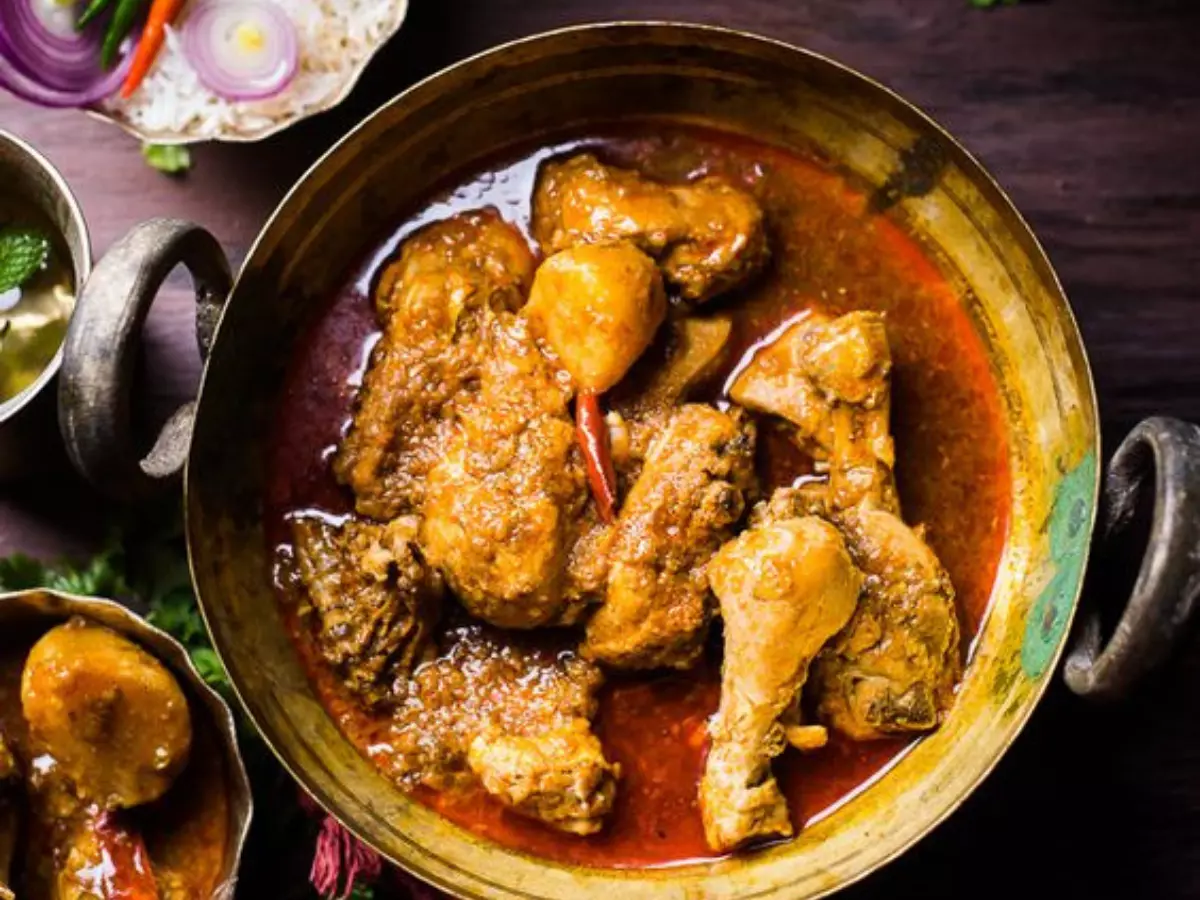The Origin & History Of The Humble Indian Curry
The history of the Indian curry as we know it dates back to 1498 a time when Portuguese first came to India&rsquos southern shores. Unable to come up with an apt word to describe the spicy stew served sometimes with or without coconut cooked there the Portuguese were forced to make one up: carel. The word curry had already been assimilated into the cultures of Fiji Japan and Singapore. It then travelledfar and wide and made its way to South Afric...Read More

What if I were to tell you that the humble curry that enjoys god-like glory in almost every Indian household might not be entirely Indian?
The history of the Indian curry as we know it dates back to 1498, a time when Portuguese first came to India¡¯s southern shores in the search of cardamom, cloves, and black pepper that were considered to be among the world's most valuable commodities, rare spices that were grown only in India at the time.
Unable to come up with an apt word to describe the spicy stew, served sometimes with or without coconut cooked there, the Portuguese were forced to make one up: 'carel.' The word was taken from the Tamil word 'kari'.
By then, the word 'curry' had already been assimilated into the cultures of Fiji, Japan, and Singapore. It then travelled far and wide and made its way to South Africa, Jamaica and Guyana.

Pexels
Then came the East India Company that overthrew the Portuguese and seized control of India. Since the British believed they made everything about India better, they changed the word 'carel' and turned into 'curry'. They used the term curry to describe the wide range of thick stews, made from the most basic ingredients like tomatoes and spices, served alongside rice or bread (roti).
And that's not the only thing Britishers did to our curry. It's believed that Britishers would learn how to cook curry in India only to go home and serve "Indian curries" at home, in the attempt to come across as authentic and native. By the mid-19th century, you couldn¡¯t find a British cookbook without a curry recipe, or a chemist¡¯s shop that didn¡¯t carry curry powder. The result?
Curry had officially become British.

Pexels
Inevitably, the word curry also made its way back home. But we have always treated this cult dish distinctively, being its original creators, even if we didn't have it in us to take it all over the world as the British. In India, curry is a flavour, a dish that is so effortless but full of spices, a wholesome mix of everything India has to offer, in contrast to how the world treat curry- as a wet heavy dish.
Somethings always taste better when made at home, for us and the world, the home of curry is undeniably India.
